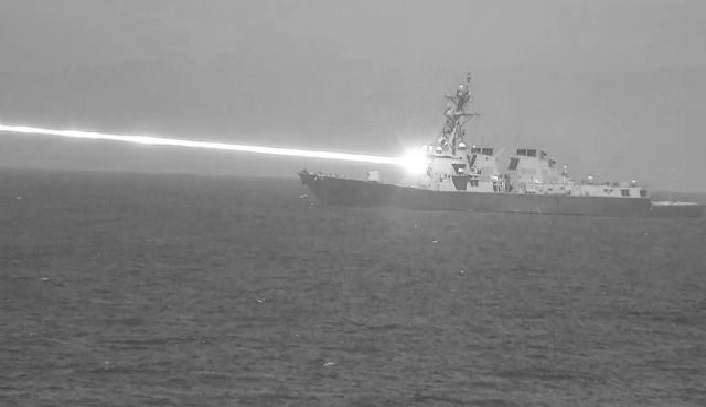NATO Launches "Baltic Sentry" Mission to Safeguard Undersea Cables in the Baltic Sea

NATO has announced the launch of a new mission, dubbed Baltic Sentry, to protect undersea cables and critical maritime infrastructure in the Baltic Sea. The decision comes amid growing concerns about potential Russian activities in the region, following several incidents involving suspected sabotage and threats to vital energy and communication links.
Why Undersea Cables Matter
Undersea cables are the backbone of global connectivity, carrying over 95% of internet traffic and facilitating approximately $10 trillion in daily financial transactions. With 1.3 million kilometers of these cables spanning the ocean floor, they are indispensable to global communications, commerce, and security. Any disruption to this network can have far-reaching consequences, making their protection a high priority for NATO and its allies.
Key Features of the Baltic Sentry Mission
- Frigates and Maritime Patrol Aircraft: The mission will deploy advanced naval ships and patrol planes to monitor the region and respond swiftly to potential threats.
- Naval Drones: A fleet of drones will enhance surveillance capabilities and provide critical intelligence for detecting and deterring sabotage activities.
- Innovative Technologies: NATO plans to integrate cutting-edge solutions, including underwater sensors and tracking systems, to monitor suspicious vessels and ensure the integrity of maritime infrastructure.
- International Cooperation: The mission will involve close collaboration between NATO members bordering the Baltic Sea, including Finland, Germany, Poland, Denmark, Sweden, Latvia, Lithuania, and Estonia.
Heightened Threats in the Region
Reports of Russian "shadow fleet" activity, including vessels operating near gas pipelines and other critical infrastructure, have raised alarms. These aging tankers, often of uncertain ownership, are suspected of circumventing sanctions and funding Russia’s ongoing aggression in Ukraine.
Poland recently reported a Russian vessel circling a gas pipeline connecting Norway to Poland, further escalating concerns. Finland’s President Alexander Stubb confirmed discussions on this issue during a recent NATO meeting but withheld specifics.
Commitment to Deterrence
NATO Secretary-General Mark Rutte emphasized the alliance's resolve to defend critical infrastructure, stating, "We will do everything in our power to make sure that we fight back, that we are able to see what is happening, and then take the next steps to make sure that doesn't happen again."
The alliance has also pledged to explore new legal measures, enhance information sharing, and deepen cooperation with private infrastructure operators and technology firms.
Member Contributions
Germany has committed naval resources, with Chancellor Olaf Scholz stating that the country will participate with "everything we have in the way of naval capabilities." Sweden, although not yet a full NATO member, has pledged up to three warships to strengthen the alliance’s presence in the Baltic Sea.
A Unified Response
In a joint statement, the Baltic Sea allies condemned the threats posed by Russia’s shadow fleet, stating that such actions endanger maritime and environmental security while funding illegal military operations. They reiterated their determination to deploy innovative solutions and strengthen surveillance to counter these threats effectively.
Conclusion
The Baltic Sentry mission represents a robust and unified response to growing security challenges in the Baltic Sea. By deploying advanced technologies, enhancing surveillance, and fostering international cooperation, NATO aims to protect critical infrastructure and ensure stability in the region. This initiative underscores the alliance's commitment to safeguarding global connectivity and deterring adversaries from exploiting vulnerabilities in vital maritime networks.



